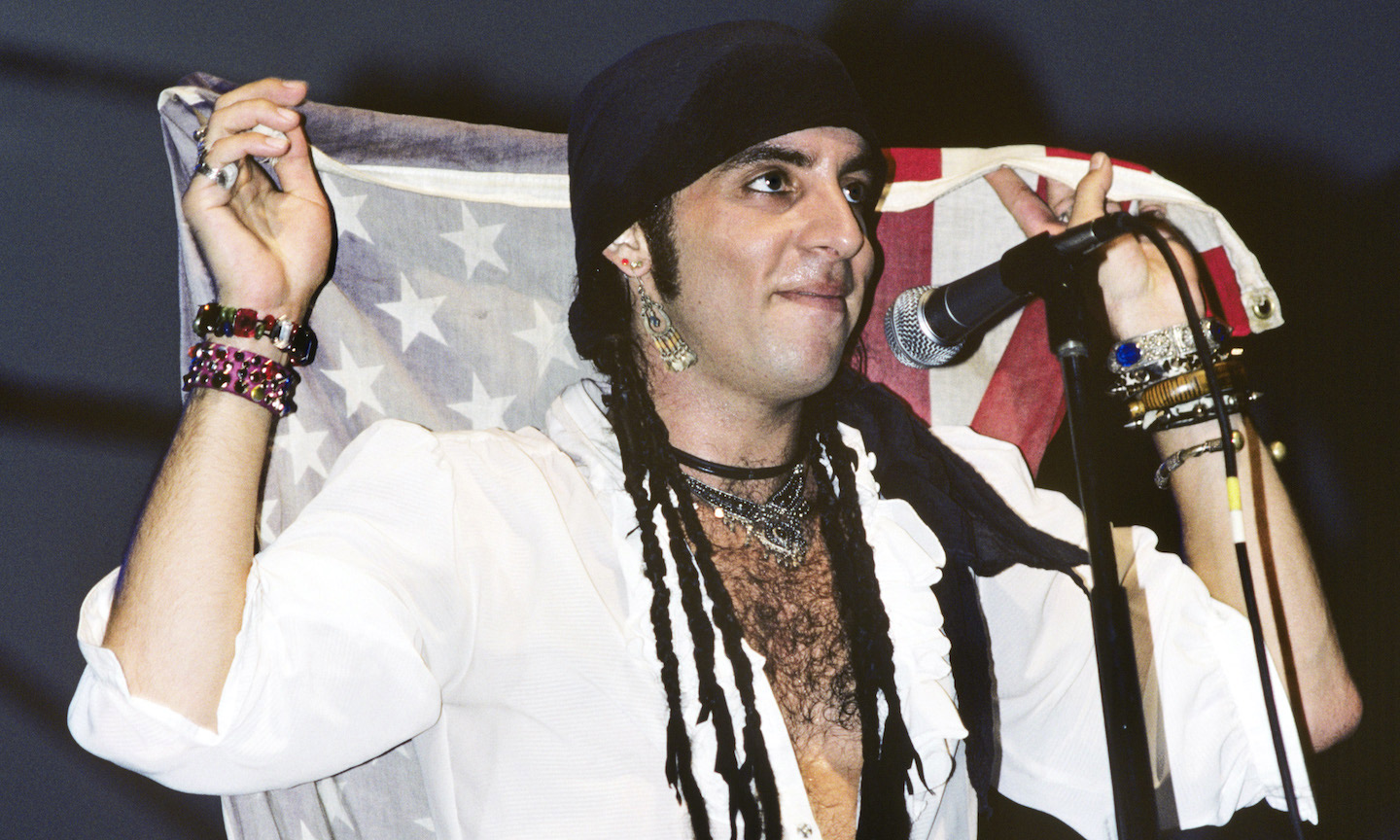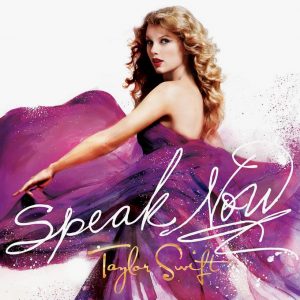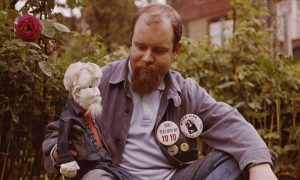The casino resort of Sun City became a focus of anti-apartheid attention in the early 80s, after the United Nations imposed a cultural boycott on South Africa. The Pretoria government was using the resort in Bophuthatswana to get around the ban.
Steven Van Zandt (Little Steven) said that he had become more aware about racial segregation in South Africa in this period when he heard Peter Gabriel’s protest song “Biko.” Danny Schecter, a journalist for ABC News, suggested that Steven write a song about Sun City, which was paying huge amounts to musicians to go and play at its $90 million showpiece concert venue. Little Steven’s song, credited to Artists United Against Apartheid, featured a brilliant cast of singing talent, with Bruce Springsteen, Jackson Browne, Jimmy Cliff, Bono, Peter Gabriel, Bob Dylan, Miles Davis, and Linton Kwesi Johnson all contributing vocals.
“A lot of people opened their eyes when that song came out”
The lyrics of the protest song were controversial, especially when singer Joey Ramone specifically criticized President Ronald Reagan’s policy of “constructive engagement” with a racist South African government. The song’s refrain was “I, I, I, I, I ain’t gonna play Sun City!”
“Sun City” was released on October 25, 1985, and reached No.38 on the Billboard Hot 100 chart, despite the fact that many radio stations in America refused to play it at the time. Unsurprisingly, the song was banned in South Africa itself. Steven’s single proved popular in the UK, however, where it reached No.21 on the singles chart.
Hip-hop pioneer Kurtis Blow, who performed on the song, praised Little Steven for his pioneering work. “Stevie calls me up and says, ‘Hey, I want you to do this song about the plight in South Africa. We’re not going to play Sun City and we want everybody to know about the injustices that are going on down there. We jumped at the chance to be a part of it. It was too strong a cause for us to turn down. Then you have this white cat who’s doing it, this is really what America stands for. A lot of people opened their eyes when that song came out.”
Little Steven decided to produce a whole album of protest music, and the resulting Sun City record – which also featured Gil Scott-Heron, Herbie Hancock, Keith Richards, and Ron Wood – was released in December 1985. The single and album ended up raising more than $1 million for anti-apartheid projects.
“It was completely successful, and that’s such a rare thing with issue-orientated records,” said Little Steven in a 2019 interview with uDiscover Music.
Looking for more? Read Little Steven’s full interview with uDiscover Music.




